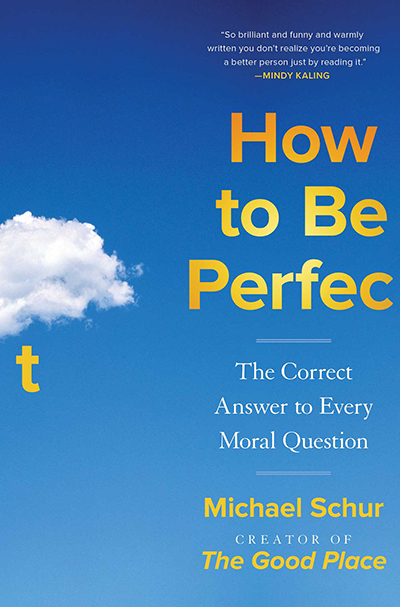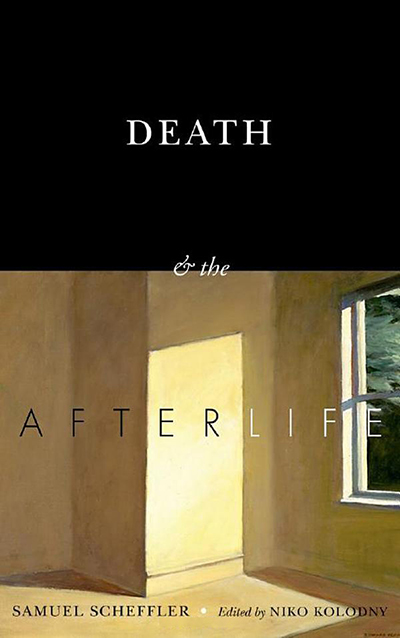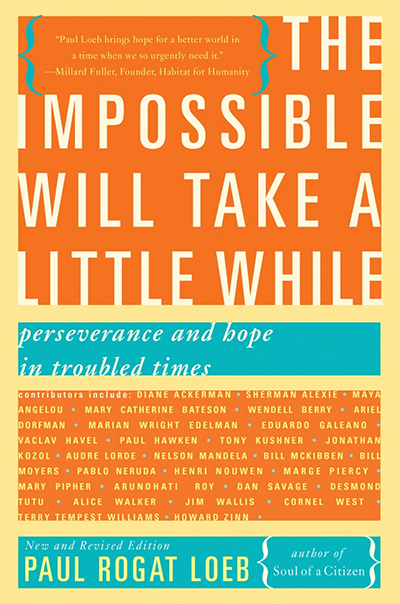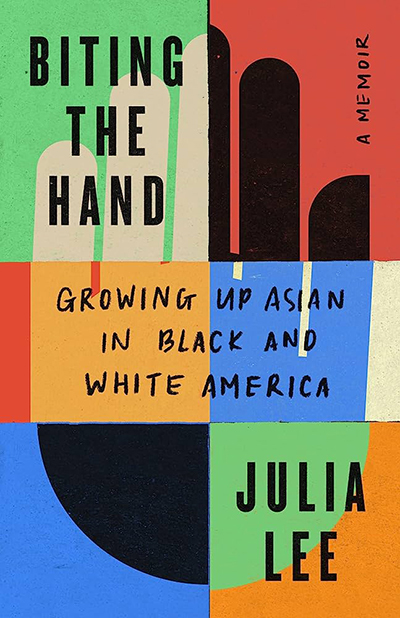

We asked our authors to recommend a book they had read over the past couple of years. Here is what they said:

This novel is wide ranging in scope and insights and perhaps most surprisingly, it offers a positive vision for dealing with climate change. —Mary C. Gentile

This book is not only brilliant research, but it includes a critically important research method: the expert’s narrative. —Margaret Hu

Written by the creator of The Good Place and co-creator of Parks and Recreation, How to Be Perfect offers an illuminating, accessible, and hilarious introduction to ethical theory. Drawing on insights from famous philosophers and examples from his own experience (along with his immensely creative imagination), Schur breathes life and humor into philosophy. Organized around questions such as “Should I punch my friend in the face for no reason?” or “Do I have to return my shopping cart to the shopping cart rack thingy?,” Schur provides not only a much-needed occasion for laughter but vital wisdom on how to live. —Michael Lamb

Death and the Afterlife explores how our current sense of well-being, our happiness in the deep sense, depends on our confidence that projects and ideals that matter to us will continue to be carried out and realized by others, long after we are gone. Many of us have an inchoate sense that this is true, but Scheffler, with great sensitivity and penetrating thought, illuminates how it could be that life later, without us in it, could matter so much to us now, in our present everyday lives. —Jonathan Lear

This is a collection of essays and stories of what ordinary people did to make a difference at a time when they could not see that their actions would lead to ultimately successful movements told by those people. Through action, these regular people, not the larger-than-life characters that are the protagonists of our mythologies of change, made hope for themselves and others. —Victor M. Montori

It is a beautiful book that truthfully tells the pain of slavery but also how we are all connected. This revelation was so prominent in the book that it inspires me even more to fight for all of us to come together somehow. —Anika Prather

Not only did this memoir help me understand the struggles of my immigrant father, it illuminated for me the ways in which white supremacy is perpetuated through norms in higher education. This book gave me much more compassion for students of color and has caused me to be a more mindful person. —Linda Vanasupa
